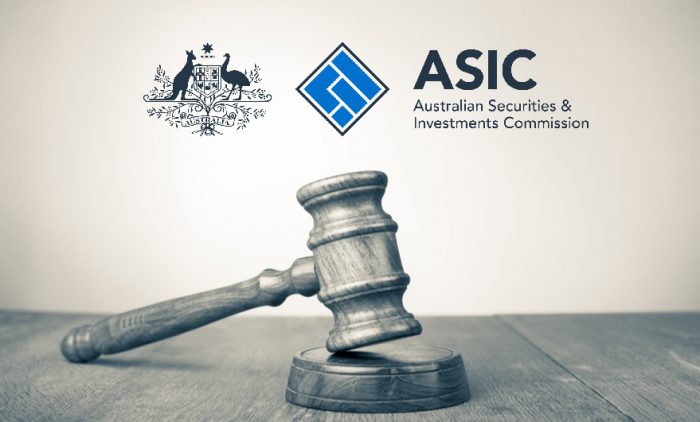The Australian Securities and Investments Commission today revealed it has commenced civil penalty proceedings against BPS Financial Pty Ltd. The regulator is suing the company for allegedly making false or misleading representations and engaging in unlicensed conduct in relation to a non-cash payment facility involving a crypto-asset token called Qoin.
According to the Aussie regulator, BPS falsely claimed in marketing the Qoin Facility that consumers who have purchased tokens can exchange them for other crypto-assets or fiat currency (such as Australian dollars) through independent exchanges.
Furthermore, ASIC alleges that BPS mislead clients by saying that Qoin can be used to purchase goods and services from an increasing number of merchants registered with BPS. The company also allegedly deceived customers that the Qoin Facility and/or the Qoin wallet application used to transact Qoin tokens are regulated, registered and/or approved in Australia, and are compliant with financial services laws.
ASIC Deputy Chair Sarah Court said:
We allege that, despite what BPS represented in its marketing, Qoin merchant numbers have been declining, and that there have been periods of time where it was not possible to exchange Qoin tokens through independent exchanges. ASIC is particularly concerned about the alleged misrepresentation that the Qoin Facility is regulated in Australia, as we believe the more than 79,000 individuals and entities who have been issued with the Qoin Facility may have believed that it was compliant with financial services laws, when ASIC considers it was not.
According to ASIC, Qoin Facility is a non-cash payment facility, established by BPS in January 2020. It includes: Qoin tokens, the Qoin wallet, and a distributed digital ledger implemented by blockchain technology.
BPS promoted Qoin tokens to retail consumers and business owners as a way of making payment for goods and services offered by Qoin Merchants.
Block Trade Exchange Pty Ltd (BTX), a related entity of BPS, has operated the BTX Exchange December 2020. The exchange allows Qoin tokens to be exchanged for Australian dollars. However, ASIC noted that overtime increasingly restrictive limits were imposed on exchanging Qoin tokens for Australian dollars.
Court added:
Where it falls within our remit, ASIC will take targeted action against unlicensed conduct and misleading promotion of crypto-asset financial products that could harm consumers – this is a key priority for ASIC. Crypto-assets are highly volatile, inherently risky, and complex. Every crypto-asset is different, often making it difficult to compare with each other – or anything else. This makes it crucially important that investors are provided with honest and accurate information.
In suing BPS, ASIC is seeking penalties, injunctions and adverse publicity orders from the Court.
Earlier in October, the regulator announced that it has placed an interim stop orders on Holon Investments Australia Limited, preventing the firm from offering or distributing three cryptocurrency funds to retail investors.
